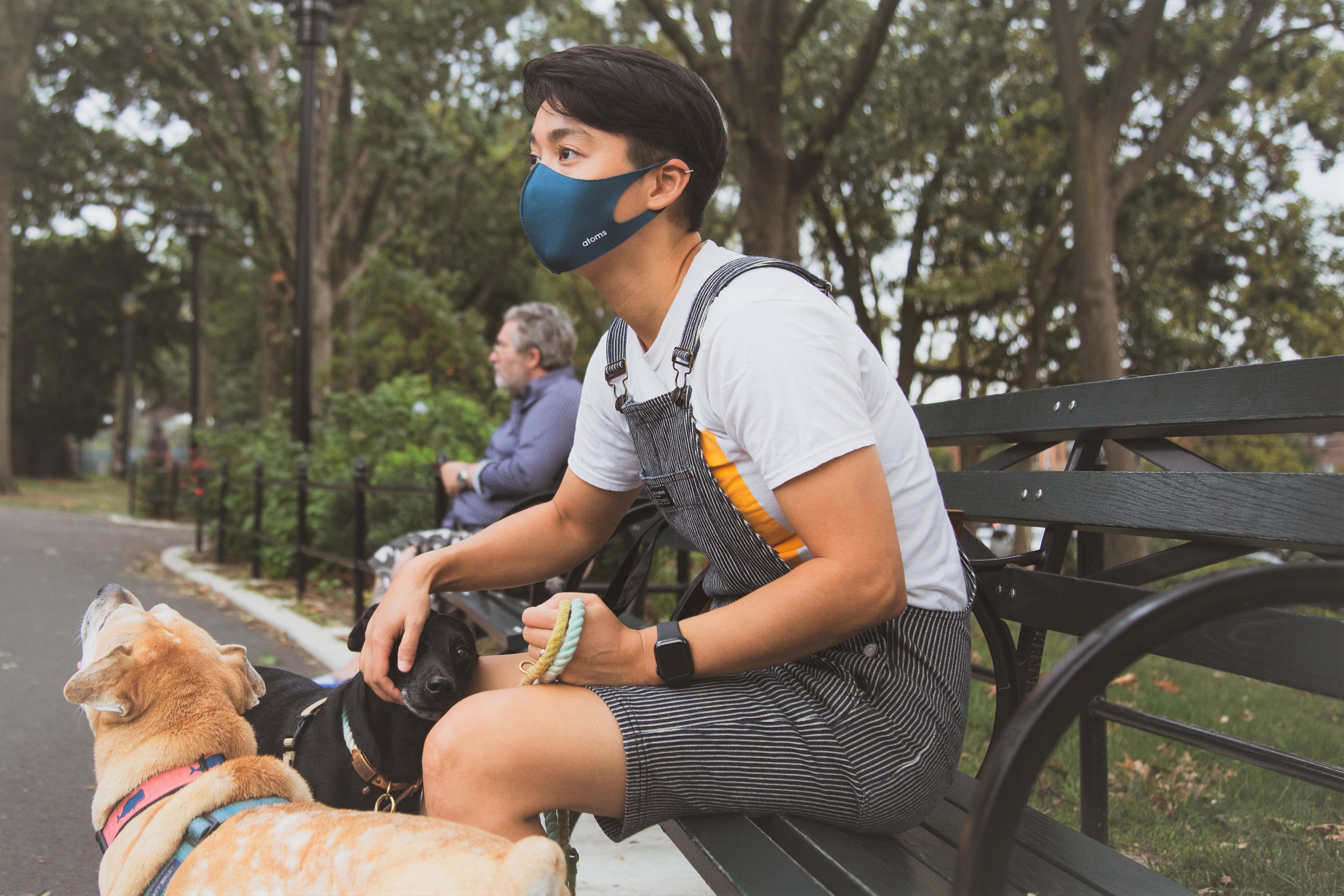
Many people who live with Asthma have seen a reduction in asthma flares over the past year. This year has also seen a reduction in influenza and the common cold. Many seasonal allergy suffers have seen a reduction in their symptoms most likely due to limited time outdoors and mask wearing. As we begin to venture out and interact more with others, Linda Hardy, BBA, RRT-NPS, RPFT, AE-C, Program Coordinator of the Asthma Self-Management Program, is encouraging those living with Asthma to experiment with mask wearing during heavy pollen days and to remember the following best practices to manage your asthma:
Take your daily/maintenance medications as prescribed
- Even if you do not have asthma symptoms, take your daily medication! You will keep your asthma in control and reduce your Albuterol use.
- Are you using your Albuterol rescue inhaler more than twice in a week? If so, you are at risk for an asthma flare. Review your asthma action plan. Are you missing one of your daily medications? If not, call your doctor sooner rather later to discuss your symptoms.
Control your triggers
- Wear a hat and mask when going outdoors. When you return home, remove you hat, mask, clothes and shoes. Change into new clothes and drop your clothes and cloth mask in the wash.
- Use the air conditioner – opened windows invite pollen inside. If you do not have central air, keep pollen out of the bedroom with a/c window unit. Just make sure to change and clean the air filters regularly.
- The American Lung Association website is a great resource to learn more about avoidance strategies for allergens and other asthma triggers.
Schedule your wellness/doctor visits
- Keep your wellness appointments! Regular visits with your doctor are essential ensure your medication dosage is still right for you and your pharmacy has your most recent prescription so you will not run out of refills!
- Learn how to better control your asthma with a certified asthma educator via telehealth. Call us to find out more.
The Asthma Self-Management Education Program, the only adult and pediatric program in the nation to receive certification through the American Association for Respiratory Care, offers patients an education and supportive program monitored by trained medical professionals in both the inpatient and outpatient settings. For more information, please call our Certified Asthma Educators at 973-322-5903.